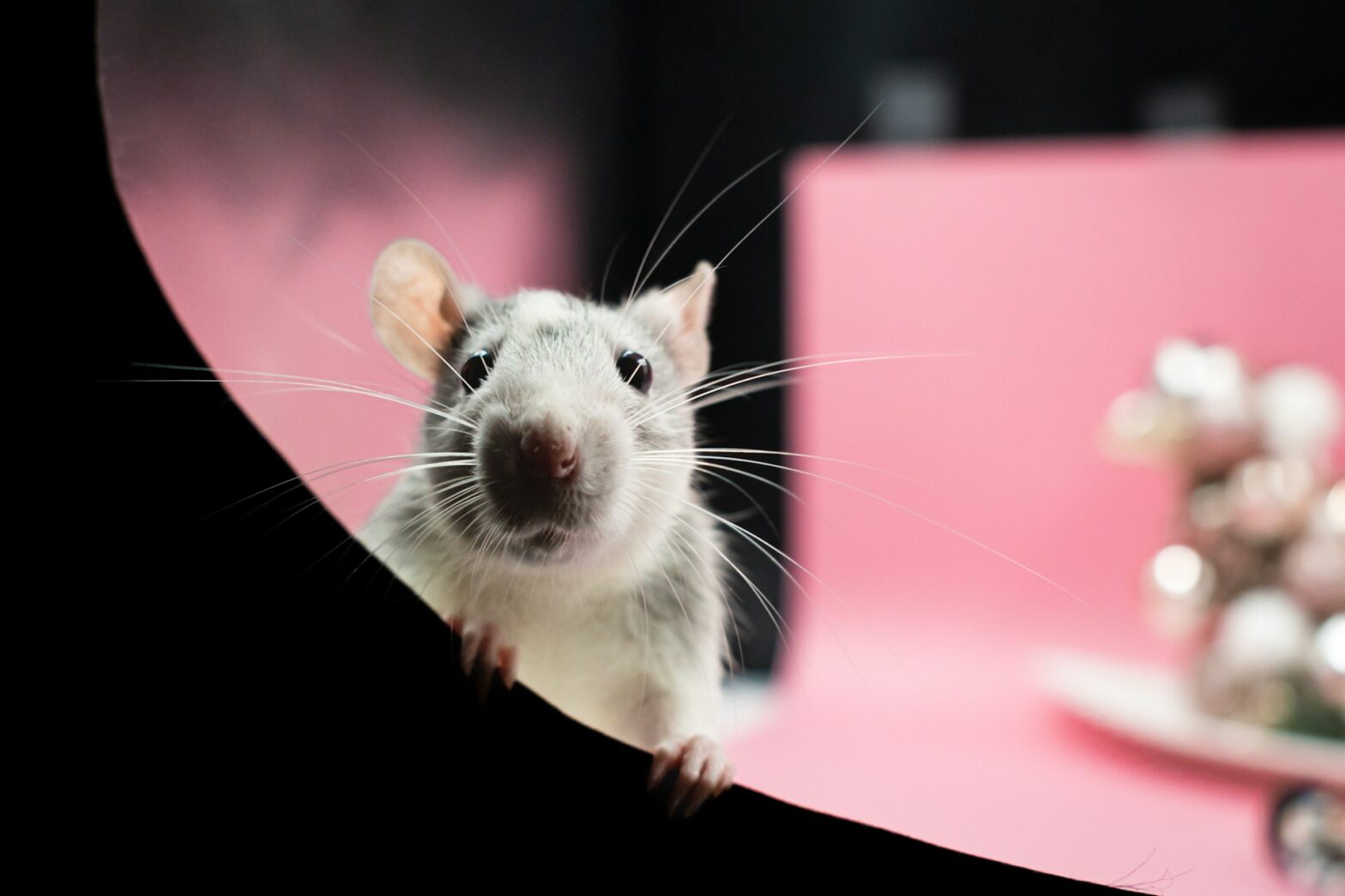Your home is one of your biggest investments, which is absolutely natural. You want the best for you and your family. But what happens if tiny invaders (termites, ants, or rodents) start slowly moving in without your accord?
Besides the obvious aspect of not wanting to share your sanctuary with several thousand tiny beings, you also have to consider the safety of everyone living there. Plus, these tiny invaders will literally eat away your investment by destroying things that are expensive to replace or rebuild.
If you just found out your home has unwanted guests or you want to prevent this from happening, you’re in the right place. In this article, we’ll discuss preventive measures, early detection strategies, regular maintenance routines, and when to call in the pros for inspections. So stay tuned until the end.
1: Take Preventive Measures
When it comes to dealing with pests, prevention is always better than cure. The best part is that a few simple steps can stop critters from ever becoming a problem in the first place.
Here’s a few things you can do:
Seal Entry Points
Pests are sneaky little invaders that exploit even the tiniest gaps to get inside your home. They enter through cracks in walls, unsealed windows, and poorly fitted doors. Imagine your house like a fortress—if you leave the gates open, enemies will march right in!
To block their entry routes, start by sealing all visible cracks and gaps using caulking or weatherstripping. These materials act like barriers against bugs and rodents trying to sneak into your space.
Proper Food Storage
Unsecured food items attract ants, mice, and other pests like moths to a flame. So, store all pantry items in airtight containers made of glass or thick plastic rather than flimsy packaging that critters can chew through easily.
Have Regular Inspections
You can do a self-led inspection every couple of weeks to check for any points of entry. Walk through your home and check key areas like basements, attics, and crawl spaces. Look for signs of pests, such as droppings, chewed wires, or small holes.
You should also have a professional inspect your property at least once or twice per year, even if there’s no cause for concern. An expert in termite and pest control can easily spot hidden problems since they know where pests love to hide and can provide tailored advice on how to keep them out for good.
Regular professional inspections offer peace of mind and prevent small issues from becoming big headaches.
2: Regular Maintenance Routines
Even if you’re not much of a gardening enthusiast, it’s still important to keep up with regular maintenance routines if you want a pest-free home.
Overgrown vegetation can be a haven for pests, providing shelter and easy access to your house. So, trimming bushes and mowing the lawn regularly is not just for the sake of improving the aspect of your garden.
Similarly, you should pay special attention to cleaning the kitchen and dining areas where food crumbs can lure unwanted guests. Make it a habit to vacuum floors often, wipe down countertops after meals, and promptly clean spills. Regular cleaning disrupts potential feeding grounds for pests like ants or cockroaches.
3: Use a Professional Service
If push does come to shove, you must hire a professional service to rid you of invaders. These pros know exactly how to identify and eliminate pests effectively, using advanced techniques and treatments.
Professional intervention becomes crucial in situations like termite infestations, which can cause severe structural damage if left untreated. Additionally, dealing with stubborn bed bugs or large rodent populations often requires specialized knowledge and equipment that professionals provide.
Wrap Up
Safeguarding your property from pests doesn’t have to be daunting. You just need to know a few preventive measures, stay up to date with your maintenance routines, and have access to a reliable professional service.





























